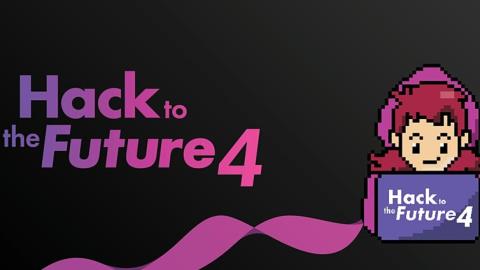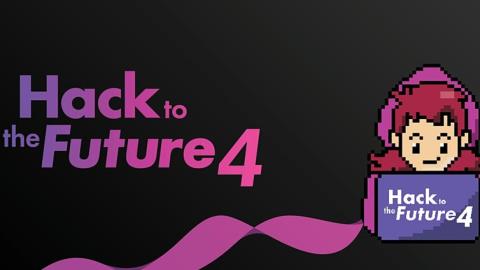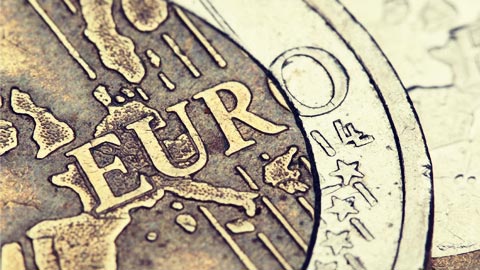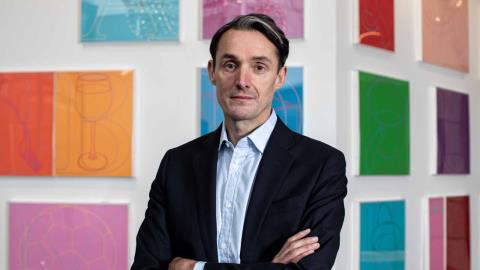Thousands of participants from over 75 countries submitted 230+ projects focused on sustainable and inclusive finance, embedded finance and banking as a service (BaaS), and decentralised finance (DeFi). Alongside this, initiatives such as promoting financial literacy, solar energy and fair lending were celebrated.
Finastra Hack to the Future 4 winners
Best Business Model Innovation
EnFOLL – a marketplace for second-hand solar panels, helping underserved communities get access to renewable energy, and extending the life of the products.
Runners up: Effortless.
Best Fintech submission
PRAAM – Physical Risks Analytics for Asset Managers – an integrated solution to identify, evaluate, manage and report physical risks in investment portfolios. Benefits include value protection, climate risk management and operational efficiency.
This project is a collaboration between IMPACTPlus, a fintech start-up, and a Finastra FusionInvest team. IMACTPlus also won the Best Woman-Led Fintech prize for this submission.
Best Embedded Finance submission
Effortless – Quick and simple Buy Now Pay Later financing. Consumers benefit from a simple way to apply for a loan with optimal terms and payment options, direct from their trusted financial institution.
Runners up: FinFit 2.0 | Wellness Banking and Fundget.
Best ESG submission
Give XRP – a fast, simple, secure app for charitable giving, enabling crypto users to make tax-deductible donations.
Runners up: I-REC trading, Malachi, Friends Reference Bureau
Best DeFi submission
Monnex(TM) – Accessing Finance the Confident way(TM) – A revolutionary platform that helps monetize traditional assets like Equities etc. to access real liquid funds or investments into crypto without impacting the integrity of these assets.
Runners up: Growr, Payment Vouchers and PiggiFund.
Best Diversity, Equity & Inclusion (DE&I) submission
Growr – an app that encourages financial inclusion by enabling borrowers to receive fair and instant unsecured loans based on self-sovereign identity and DeFi protocols.
Runners up: Trackio and A Green Vest.
Prizes for winners include mentoring and scholarship programs, cash, crypto and internship opportunities.
Chirine BenZaied, head of innovation at Finastra said: “We want our hackathons to ignite a movement towards a world of financial sustainability, inclusion, and autonomy. This year’s projects really reflect that goal and we’ve been so excited to see the truly innovative ideas that people all around the world have come up with. We also garnered so much insight from these projects on the technologies and trends the industry is moving towards. We see the market switching from private to public blockchains and looking for ways to embed DeFi into traditional banking services, for example. We also see that there is still significant need to find solutions that support financial inclusion, especially in connection with BaaS. Congratulations to all of the winners and a big thank you to our hundreds of supporting partners, our judges and mentors.”
Finastra also hosted a youth hackathon for 10-18 year olds, for which hundreds of projects were submitted from countries such as India and Moldova.
Finastra Hack to the Future 4 Youth winners
MicoBank – a project submitted by a 14-year-old at the Deva Matha Central School – an app to reward children for positive actions with Solana Tokens that can be spent in store, secured by blockchain.
Finlit – A project submitted by two students – a literacy tool to solve financial inclusion challenges for young people.
Runners up: Aiding Peace.
,Finastra has named the winners of its Hack to the Future 4 annual global hackathon.,







